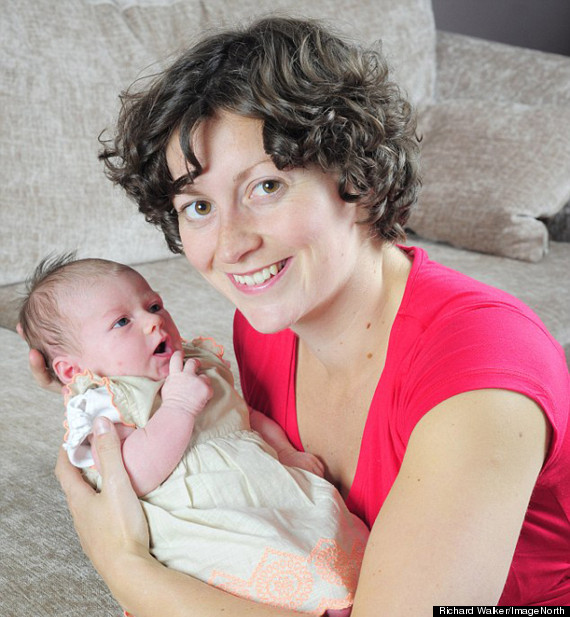Actress Mayim Bialik, author of "Beyond the Sling: A Real-Life Guide to Raising Confident, Loving Children the Attachment Parenting Way," has been part of the attachment parenting discussion since well before TIME's already-infamous Mother's Day cover.
Now, as Bialik's personal parenting philosophy is in the spotlight, she is voicing her opinion on the controversial cover image of Jamie Lynne Grumet breastfeeding her 3-year-old son.
In a CNN interview, Bialik talked about attachment parenting as she understands it -- and explained why she is frustrated by TIME's "sensationalized" portrayal of fellow attachment parenting devotees.
"Just to clarify: attachment parenting takes no stance on how long you should breastfeed. The notion is to educate people about breastfeeding," she told CNN's Suzanne Malveaux.
"I breastfeed my 3-year-old because he's not done breastfeeding, and I'm not ready to tell him not to. ... [I]t is still a tremendous source of discipline, and of bonding, that occurs between a mother and a child."
Although Bialik posted a picture of herself breastfeeding 3-year-old son Fred on the subway last fall, the actress notes that she no longer breastfeeds Fred in public.
Bialik added that she fears the TIME cover will give outsiders the misguided sense that all people who subscribe to attachment parenting think of themselves as superior.
"That's why I wrote 'Beyond the Sling.' ... [This is] the way mammals and primates parent, period."
Bialik also told Access Hollywood: "When I saw the cover, I thought that that's not the image of attachment parenting that I think anyone in attachment parenting would like to have used."




